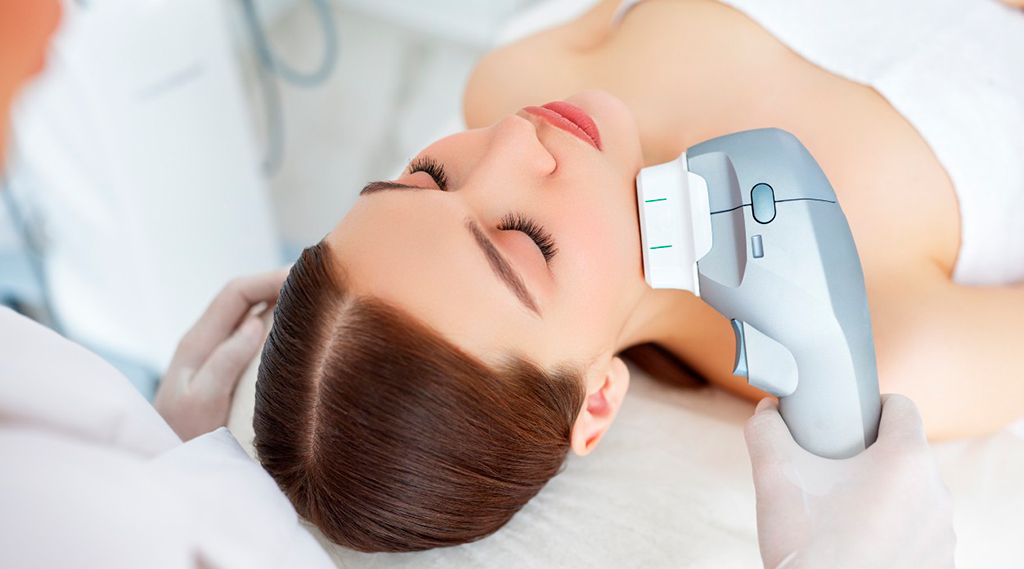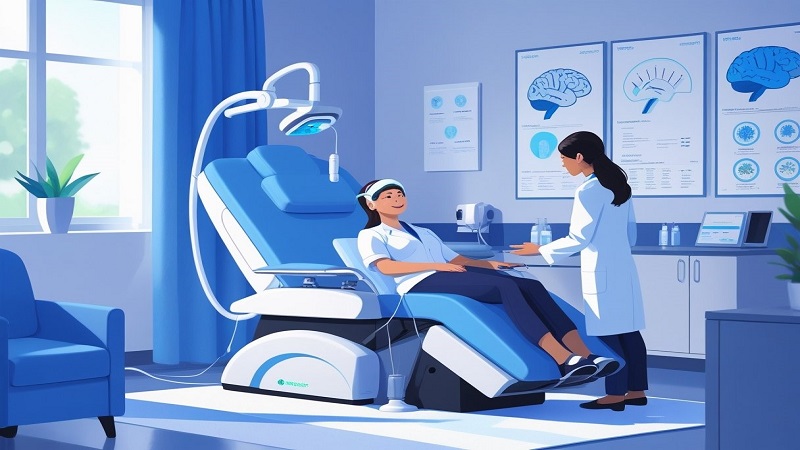When faced with sudden dental pain, a broken tooth, or any other urgent oral health issue, many people hesitate to seek immediate professional help. They might downplay the situation, hoping it will resolve itself, or worry about overreacting. However, calling an emergency dentist is far from an overreaction. In fact, it can be a critical step in safeguarding not only your oral health but also your overall well-being.
Understanding Emergency Dentistry
Emergency dentistry focuses on addressing unexpected dental issues that require immediate attention. These situations can range from severe toothaches and chipped teeth to knocked-out teeth, infections, and abscesses. Unlike routine dental check-ups, which are planned well in advance, emergency dentistry involves urgent care aimed at relieving pain, preventing further damage, and restoring oral function.
Many dental emergencies arise suddenly and without warning. A fall, a sports injury, or even biting into something hard can lead to a dental crisis. While some issues may seem minor at first, they can escalate quickly, causing significant discomfort and complications if left untreated. This is why emergency dentistry exists—to provide timely interventions and prevent long-term consequences.
Why Timely Action Matters
One of the key reasons calling an emergency dentist is not an overreaction is the potential for small problems to become major health concerns. For instance, a toothache might be a sign of an underlying infection or cavity. If ignored, the infection could spread to other parts of your body, leading to serious health risks such as sepsis. Addressing the issue early can prevent such complications and save you from extensive, costly treatments in the future.
Similarly, a knocked-out tooth requires immediate action to improve the chances of saving it. Dentists recommend placing the tooth back in its socket or storing it in milk while seeking urgent care. The sooner you get professional help, the higher the likelihood of preserving your natural tooth.
The Connection Between Oral Health and Overall Health
The importance of oral care for your body cannot be overstated. Research has shown strong links between oral health and systemic health. Conditions like gum disease have been associated with heart disease, diabetes, and even respiratory infections. An untreated dental issue can serve as a gateway for bacteria to enter the bloodstream, potentially affecting vital organs.
When you prioritize emergency dentistry, you’re not just protecting your teeth and gums; you’re taking a proactive step to safeguard your overall health. Ignoring a dental emergency puts you at risk of complications that extend far beyond your mouth.
Common Dental Emergencies and How to Respond
Understanding the types of dental emergencies and their urgency can help you take appropriate action. Here are some common scenarios:
1. Severe Toothache
A persistent, intense toothache could indicate an infection, abscess, or decay. Over-the-counter pain relievers may offer temporary relief, but the underlying issue needs professional attention. Delaying treatment could lead to further damage or the need for a root canal.
2. Chipped or Broken Tooth
A chipped or broken tooth can cause sharp edges that irritate the tongue or cheeks. Depending on the severity, it may expose the inner layers of the tooth, increasing the risk of infection. Immediate dental care can prevent further complications and restore the tooth’s structure.
3. Knocked-Out Tooth
A knocked-out tooth is one of the most time-sensitive dental emergencies. If you act quickly and visit an emergency dentist within an hour, there’s a good chance the tooth can be re-implanted successfully.
4. Dental Abscess
A dental abscess is a serious infection that can cause swelling, fever, and intense pain. It’s a medical emergency that requires prompt treatment to prevent the infection from spreading to other parts of the body.
5. Lost Filling or Crown
While a lost filling or crown might not seem urgent, it can leave the affected tooth vulnerable to damage and decay. Temporary dental cement can help protect the area until you see a dentist.
6. Dental Implant Failure
While dental implants are a reliable long-term solution, they can occasionally fail due to infection (peri-implantitis), poor osseointegration, or mechanical issues. Symptoms may include pain, swelling, difficulty chewing, or the implant feeling loose. Prompt evaluation is crucial to prevent further bone loss and to determine whether the implant can be salvaged or needs to be replaced.
Overcoming Common Hesitations
Despite the urgency, many people hesitate to call an emergency dentist for various reasons:
1. Fear of Overreacting
Some individuals worry they’re making a big deal out of a minor issue. However, it’s better to err on the side of caution. Dentists are trained to assess and address emergencies, and even minor concerns can benefit from professional evaluation.
2. Cost Concerns
Financial worries often deter people from seeking emergency dental care. However, delaying treatment can result in more extensive, expensive procedures down the line. Many dental practices offer payment plans or accept insurance to make emergency care more accessible.
3. Anxiety About Dental Visits
Dental anxiety is common, but it shouldn’t prevent you from seeking necessary care. Emergency dentists are experienced in helping anxious patients and often use techniques to ensure comfort during procedures.
The Value of Preventive Care
While emergencies can’t always be avoided, maintaining good oral hygiene and scheduling regular dental check-ups can significantly reduce the risk of sudden issues. Preventive care is the cornerstone of oral health, helping to catch potential problems before they escalate into emergencies.
Proper brushing and flossing, combined with a balanced diet and professional cleanings, can keep your teeth and gums healthy. Additionally, wearing a mouthguard during sports and avoiding hard foods that could chip teeth are simple steps to minimize risk.
Calling an emergency dentist is never an overreaction when your oral health is at stake. Emergency dentistry plays a crucial role in addressing urgent issues, relieving pain, and preventing long-term complications. Beyond that, it underscores the importance of oral care for your body, highlighting the undeniable connection between dental health and overall well-being.
If you’re experiencing a dental emergency, don’t hesitate to seek professional help. Acting quickly can make all the difference in preserving your smile and protecting your health. Remember, your oral health is a vital component of your overall quality of life—don’t compromise it by delaying necessary care.





